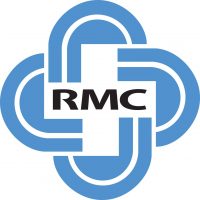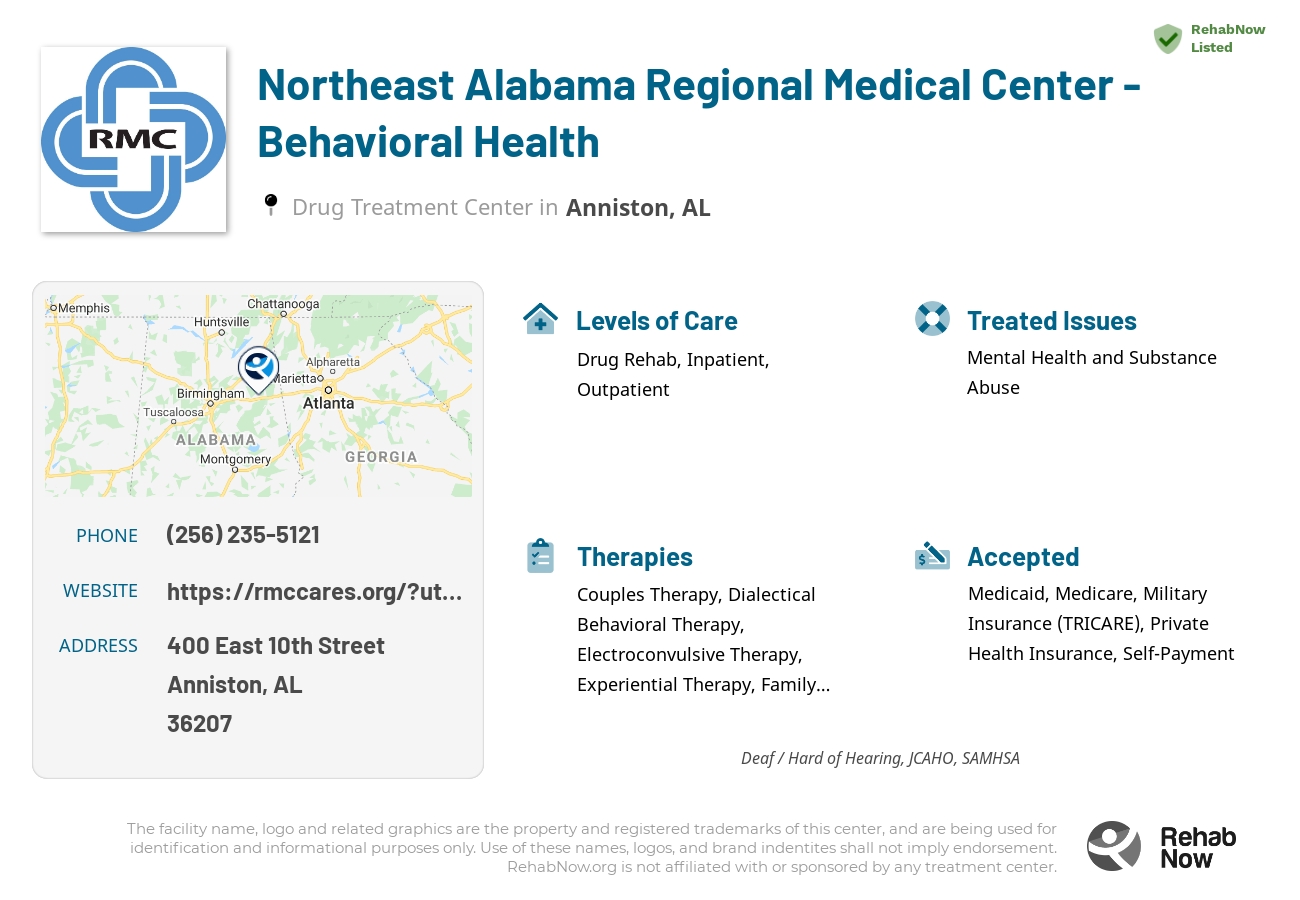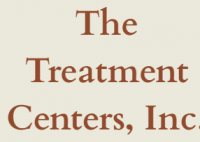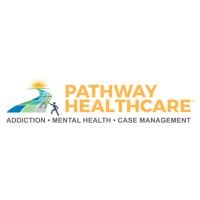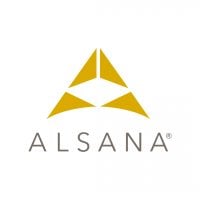Northeast Alabama Regional Medical Center - Behavioral Health
Drug Rehab Center in Anniston, Alabama
Northeast Alabama Regional Medical Center - Behavioral Health is a comprehensive health facility that specializes in the treatment of addiction and mental health disorders, using evidence-based care models and offering a range of services including inpatient and outpatient care, individual and group therapy, medication management, and holistic healing.
About Northeast Alabama Regional Medical Center - Behavioral Health in Alabama
Northeast Alabama Regional Medical Center - Behavioral Health in Anniston, Alabama is a comprehensive health facility that specializes in the treatment of addiction and mental health disorders. Their multidisciplinary team of professionals offers a range of services including inpatient and outpatient care, individual and group therapy, medication management, and holistic healing. They also offer family education programs and follow-up care designed to help patients transition back into their daily lives.
The team at Northeast Alabama Regional Medical Center - Behavioral Health uses evidence-based care models to provide comprehensive evaluation and treatment of drug and alcohol addiction, eating disorders, depression, anxiety, and bipolar disorder. They use integrated methods such as cognitive behavioral therapy, medication-assisted treatment, and peer support to foster a healing environment. They also have a detoxification center as part of their facility.
Northeast Alabama Regional Medical Center - Behavioral Health is accredited by The Joint Commission, the national leader in health care standards and accreditation, and is a member of the National Association of Addiction Treatment Providers. They also hold the prestigious designation of being the first fully accredited behavioral health program in Alabama to be awarded the “Carf Three-Year Accreditation” from the Commission on Accreditation of Rehabilitation Facilities (CARF). In addition to their dedication to patient care, the facility offers a wide range of additional services to both clients and their families, such as on-site psychiatry, family therapy, and education groups.
Genders
Ages
Modality
Additional
Accreditations
SAMHSA

JCAHO
Conditions and Issues Treated
Levels of Care Offered
This center offers a variety of custom treatment tailored to individual recovery. Currently available are Drug Rehab, Inpatient, Outpatient, with additional therapies available as listed below.
Inpatient rehab means you live there while your addiction or co-occurring disorder is treated. Prescribed medications are used along with counseling.
This type of rehabilitation provides a drug-free environment for people who struggle with chronic/long-term addiction (or their own home). Jobs or school can be put on hold until after the stay to focus solely on recovery.
Outpatient programs offer a lower intensity level of addiction treatment than inpatient facilities. They are ideal for those who have graduated from inpatient facilities, have a supportive home environment, and are motivated to commit to the program. Services offered include medication-assisted treatment, individual and group therapy, and peer group support.
This treatment is a popular option for those suffering from a lower intensity addiction. It is not advisable for someone who needs to go through a medically supervised detox or does not have a supportive home environment. It requires motivation and dedication to commit to the program without constant monitoring.
Therapies & Programs
During individual therapy at Northeast Alabama Regional Medical Center - Behavioral Health in , the person in recovery meets with a therapist one on one to go over their situation and learn from past mistakes. The counselor or therapist will use this time to address the causes of addiction, triggers, and any mental issue or dual diagnosis. They will also address aftercare plans, giving them the best chances of long-term sobriety.
This therapeutic process is very intense and challenging to go through. Some clients may find it easier to open up with someone apart from their family or loved ones who understand their struggles and experience with addiction.
The process of going through couple’s therapy at Northeast Alabama Regional Medical Center - Behavioral Health in allows for both partners to be on the same page regarding addiction recovery. Whether one or both members of the couple struggled with addiction, they can improve their odds of sobriety by undergoing this treatment together. This therapeutic environment teaches how to communicate effectively and avoid relapse triggers while building healthy lifestyles that may help maintain sobriety following graduation from rehab programs.
Family therapy is designed to help addicts get clean and sober by using what they love the most; their family. Most drug treatment centers make it mandatory that the addict’s family attend therapy sessions, which is great because having everyone there to support them makes it much easier for them to get clean. Not only are they surrounded by people who want them to get better, but everyone is there because they want the best for them, not because they feel like they have to be.
Drug addicts are often surrounded by resentful or uneducated family members who would, at times, rather see them stay addicted because it makes their own lives easier. Sometimes they don’t understand what the addiction is or how they play a part in it. They know that during and after the addict’s sobriety journey, they will face challenges and changes that they aren’t sure how to handle. This can be very tough for an addict to go through on their own, which is why it’s so important that they have the support of their family. Just because someone is an addict does not mean that they don’t deserve the love and support of those around them.
Addicts in Anniston, AL can find support in group therapy at Northeast Alabama Regional Medical Center - Behavioral Health by finding peers who understand their situation and being held accountable. They also learn to develop faith, understanding, and insight into their addiction through shared conversations.
Group Therapy is employed by drug treatment centers to provide the recovering addict with a platform to talk about their feelings and experiences. It also provides for an opportunity to learn from other addicts who have successfully overcome their addiction. It is recommended that all group members be recovering addicts for this type of therapy to work.
Dialectical behavior therapy (DBT) is a cognitive-behavioral therapy that focuses on eliminating specific negative thoughts, such as suicidal thoughts. These negative thoughts can potentially lead to an individual inflicting self-harm. It helps treat patients exhibiting uncontrollable emotions, intense mood swings, and borderline personality disorders.
The term “Dialectic” means the integration of opposites. In substance abuse, DBT refers to accepting the patient’s addiction and working to change their thoughts and behavior. It improves life skills such as controlling intense emotions without reacting impulsively, resolving interpersonal conflicts effectively, and promoting awareness about self and others.
Cognitive Behavioral Therapy (CBT) helps addicts comprehend the causes of their substance abuse and the consequences that follow. The treatment’s goal is to help addicts gain self-control and maintain abstinence from drugs and alcohol over the long term. Through CBT, clients learn to recognize and avoid high-risk situations and cope with challenging situations when they arise.
Patient Experience
Experiential Therapy at Northeast Alabama Regional Medical Center - Behavioral Health
Experiential therapy is a type of treatment involving immediate, intense experiences designed to manage addiction. Experiential therapy is beneficial for:
- People who are seeking to overcome an addiction but have difficulty focusing on treatment goals
- People with short attention spans due to high levels of stress or difficulty concentrating
- People who are afraid of engaging in treatment due to negative past experiences
Payment Options Accepted
For specific insurance or payment methods please contact us.
Is your insurance accepted?
Ask an expert, call (888) 674-0062
RMC Associated Centers
Discover treatment facilities under the same provider.
Learn More About RMC Centers
Additional Details
Specifics, location, and helpful extra information.
Anniston, Alabama 36207 Phone Number(256) 235-5121 Meta DetailsUpdated November 25, 2023
Staff Verified
Northeast Alabama Regional Medical Center - Behavioral Health Patient Reviews
There are no reviews yet. Be the first one to write one.
Anniston, Alabama Addiction Information
Opioids, such as heroin, fentanyl, and prescription opioids are related to more than half of all drug-related overdoses in Alabama. Alcohol is the most frequently used substance in Alabama; 85,000 Alabamians use cocaine every single year. In Alabama, there are four times as many vehicle crashes involving alcohol as there are normal vehicle crashes.
In Anniston, Alabama, drug addiction and abuse have a big impact on the community. Over 60% of high school students in Anniston report that they have been offered drugs on school property. The overdose death rate in Anniston increased by 23% from 2014 to 2015. There are many different types of drug treatment available in Anniston, Alabama. Some common options include inpatient and outpatient rehab and detox programs.
Treatment in Nearby Cities
- Rogersville, AL (116.7 mi.)
- Valhermoso Springs, AL (76.5 mi.)
- Eufaula, AL (128.3 mi.)
- Sylvania, AL (62.7 mi.)
- Butler, AL (176.5 mi.)
Centers near Northeast Alabama Regional Medical Center - Behavioral Health
The facility name, logo and brand are the property and registered trademarks of Northeast Alabama Regional Medical Center - Behavioral Health, and are being used for identification and informational purposes only. Use of these names, logos and brands shall not imply endorsement. RehabNow.org is not affiliated with or sponsored by Northeast Alabama Regional Medical Center - Behavioral Health.
